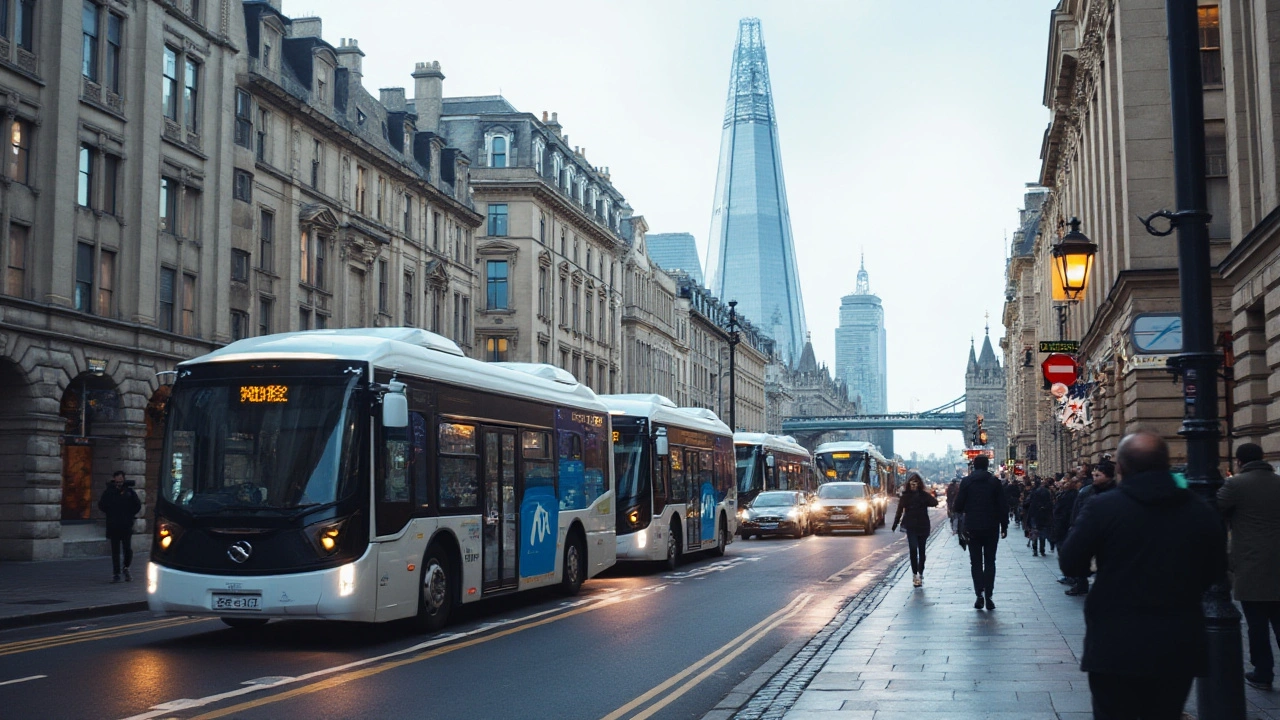Public Transportation: Smart Tips for Faster, Safer Commutes
Think public transit is slow and chaotic? Many people assume that, but small changes can cut your commute time and stress a lot.
Start by planning the trip the night before. Check schedules, look for service alerts, and map a backup route. I use one app to compare train, bus, and bike options in minutes. If one line has delays, switch to the backup you already scouted. That saves time and avoids panicking when you're running late.
Pay attention to timing. Off-peak travel is cheaper and less crowded. If your schedule allows, shift meetings by an hour. Many transit agencies offer discounted passes for mid-day or weekend use. Even a small schedule tweak can give you a calmer ride and a seat.
Safety matters. Pick well-lit stops and sit near other passengers at night. Keep valuables out of sight and keep your phone partially charged. If a driver or vehicle seems off, wait for the next one or move to a different car. Trusting your instincts avoids risky situations.
Smart tools that actually help
Use transit apps but don't rely on one source. Combine an official agency app for real-time alerts with a mapping app that shows alternate routes. Set alerts for delays on your main line and for the stop before yours so you know when to get ready. Also try a bike-share or scooter option for the last mile—it's faster than walking and fits into most apps.
Pay with a reloadable card or your phone. Contactless payments speed boarding and reduce queues. If your city offers daily caps, use the app to track spending so you don't pay more than needed. For regular routes, a monthly pass almost always saves money.
How to make public transit work for you
Treat commuting like a project. Pack the night before, bring noise-cancelling earbuds, and download podcasts or reading material for the ride. Keep a small power bank and portable sanitizer in your bag. If you need quiet to work, pick cars labeled 'quiet' or sit near the front where fewer people gather.
Speak up for better service. Ask local transit agencies for cleaner stops, better lighting, or more frequent peak runs. Many cities use rider feedback to set priorities. If your commute is shared by coworkers, organize a short survey and send it to the transit board—numbers get attention.
Finally, measure your wins. Track time saved, money spent, and stress levels for a month. Small improvements add up: one saved hour a week equals 50 extra hours a year. Those hours can be work, rest, or learning something new.
Try one change each week: shift one meeting, test a new app, or switch to off-peak. Note what works and keep doing it. Public transportation won't fix everything, but with small steps it can make daily life easier and cheaper.
Start tonight: check your usual route, open two apps, pick a backup, and try one tweak on your next trip. See the difference.

